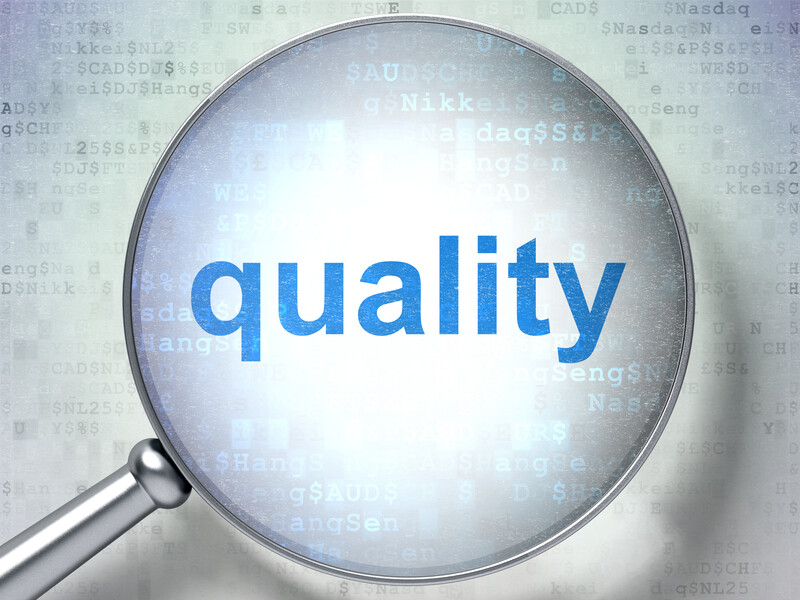Enterprises have various forms of data that are necessary for carrying out different activities such as accounting, marketing, customer service etc seamlessly. Data entry and management has to be efficiently performed, preferably with the support of a data entry service to make good use of the available data. Data completeness, relevance, reliability, and flawless data quality are vital requirements. Accurate business decisions can be made only if you have uncorrupted data. Gathering, storing, and processing business data need considerable technical expertise if it is to be done correctly. Data quality assurance involves normalizing the data and removing all bad records, correcting any wrong records, data analytics, and viewing the results. With the demand for data and data analytics, and data quality assurance in everyday jobs, new roles such as chief data officer and data governance team are getting more important.
What are the important considerations when it comes to ensuring data quality as required by your business domain?
- Realize the importance of data quality: Data quality must be in line with its end use, whether to ensure compliance, enhance customer satisfaction, or save valuable lives. This is often not given much thought by many business professionals. You need business data in a reliable format. Unfortunately, people lose track of the actual source of the data. Your business team and IT team must work together to balance the ideal level of data quality with the costs and time involved to achieve that level. If they don’t work together, the IT team may end up implementing data quality standards that are not in line with business needs, and the business team may risk making important decisions based on data they believe is more accurate than in actually is.
- Improving data quality is a continuous process: Throughout the lifecycle of the data, it is subject to a number of forces that could impact its quality. Errors can occur at many stages – when data is collected and as it ages, when it is cleansed and transformed, and when it is moved across different systems. This means that data quality enhancement should be seen as an ongoing pursuit.
- Avoid gathering data without discretion: If you don’t have a clear understanding regarding how data quality can vary and the reliability of a data source/data set, you could make the mistake of gathering data without prudence, analyzing it and arriving at conclusions. Therefore, ensure that you know the source of the data and what it means.
- Data is not homogenous: The quality of data varies according to how it was collected, stored, cleansed, and processed. A single level of data quality cannot be applied to all use-cases in all situations. You cannot apply the acceptable data accuracy standards of social media data to other forms of data in other contexts, such as for bank account balances.
- Understand what data are most important: You need good master data, Meta data and reference data management to ensure excellent data quality.
- Be responsible for the data collected: CIOs, CTOs, chief data officers, chief privacy officers, CMOs and business leaders are responsible for data in an organization. They should have excellent expertise regarding the business domain, data management, and data analytics. They should also oversee how the data is collected and used. In fact, any person collecting data, making data entry, or using the data should be constantly aware of the significance of data quality.
Data quality, no doubt, decides the reputation of your products/services and your company. Providers of reliable data entry services take care to ensure that the data entered into the system is domain-specific and of excellent quality. Data quality assurance should take into account aspects such as whether the data is changing rapidly, whether it can answer a perceived problem, whether it is unbalanced, and whether the QA team has been able to verify the data.
Outsourcing the task of QA to a business process outsourcing service is considered a good solution when it comes to ensuring data quality. A good quality assurance program attempts to control and enhance every aspect of the customer experience including the product’s fitness for use as well as its reliability.




